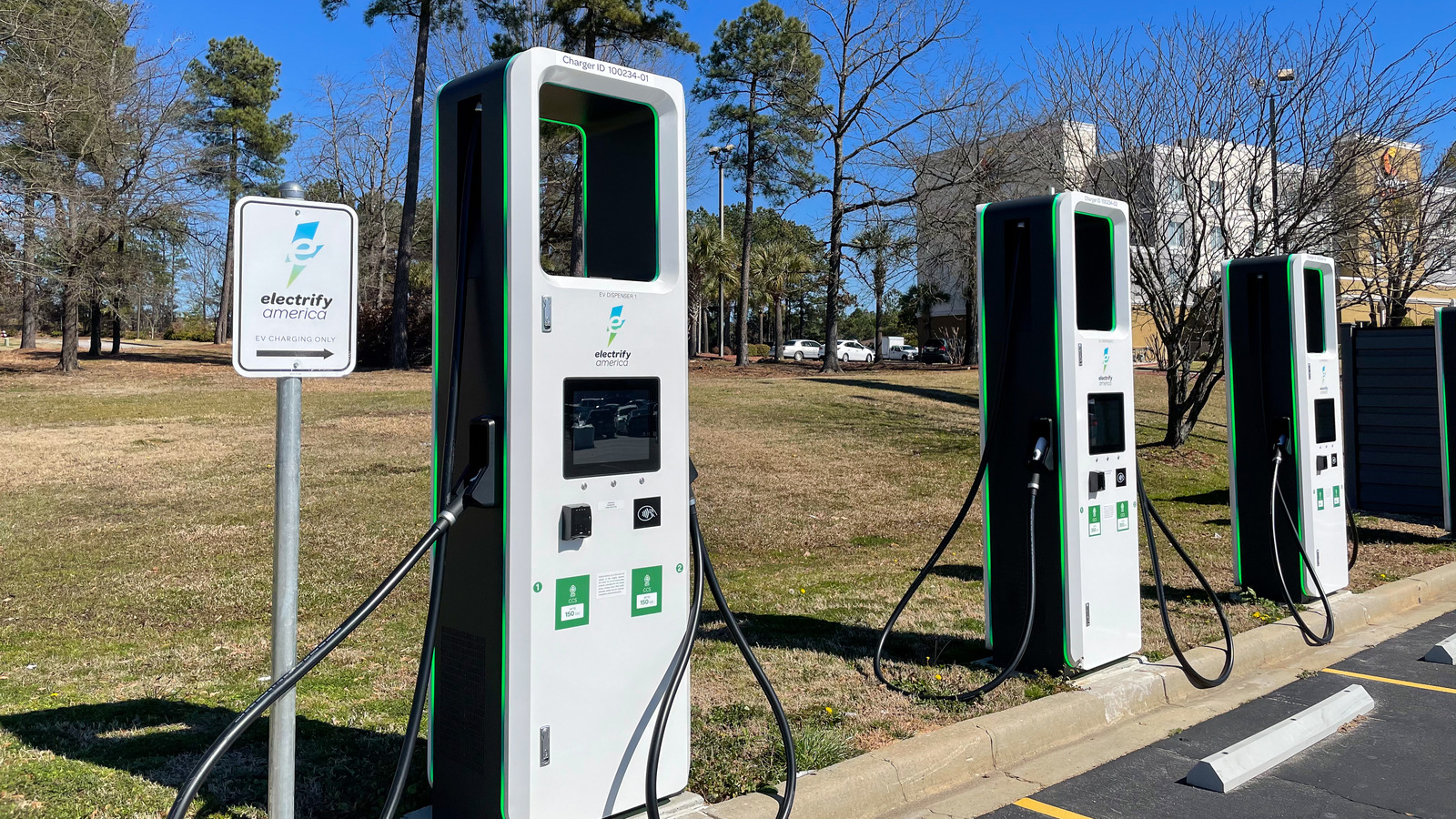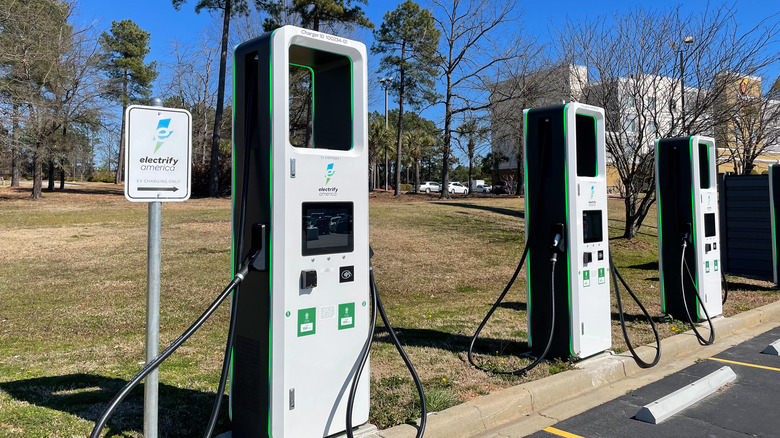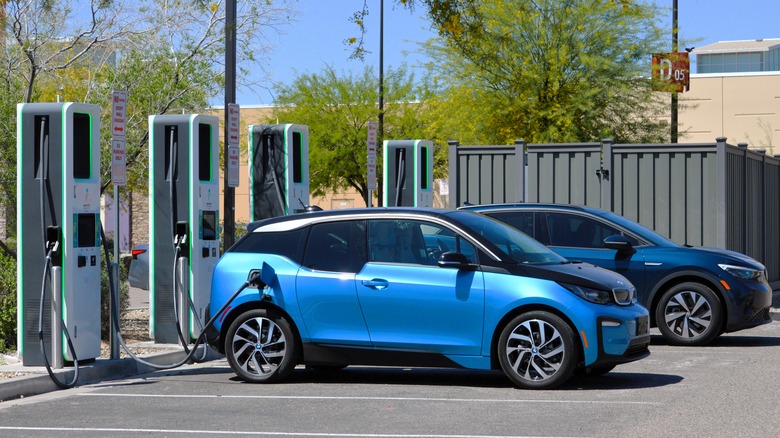Despite shilling Tesla vehicles on the White House South Lawn for his on-again, off-again campaign financier, President Donald Trump has made it clear that he doesn’t like electric cars. The EV tax credit is knocking on heaven’s door and the White House tried to freeze funds allocated for electric vehicle charging infrastructure. The Trump administration resumed funding the $5 billion National Electric Vehicle Infrastructure (NEVI) program on Monday after losing against 14 states on the matter. The new USDOT guidance that accompanied the resumption removes requirements that ensured underserved areas have access to public charging stations.
President Joe Biden signed $1.2 trillion Bipartisan Infrastructure Law in November 2021. The staggering figure was an investment in the country’s future by ensuring that transportation and utilities infrastructure is modernized. The $5 billion set aside for EV charging infrastructure was intended to put a charger every 50 miles along major highways. According to TechCrunch, Transportation Secretary Sean Duffy and the USDOT slashed the review process required for states to receive funding, including removing the requirement that “a certain percentage of the charging stations be built in rural, underserved, or disadvantaged communities.”
Trump’s reversal on EV police is hurting automakers
It might sound prudent to streamline EV charger subsidies, but it opens avenues for abuse. The new guidance also removed requirements to consider consumer protections and provide opportunities for small businesses owned by women and minorities to participate. The Government Accountability Office stated that funding has been frozen since February, and around $4.2 billion is still waiting to be distributed. Considering the changes, I would be concerned about which companies end up with state contracts and where new chargers are eventually built.
The United States became the center of the global automotive industry during the early 20th century because Americans were buying cars that the rest of the world wanted. As the worldwide market shifts towards electric vehicles, the country is falling behind. The lack of EV infrastructure is going to stifle domestic demand for electric cars. A Bloomberg report estimates that Trump’s reversal on existing EV policies has cut 14 million battery-powered cars from sale projections through the end of the decade. If domestic automakers can’t sell EVs here, they’re competing with one hand tied behind their back overseas.




